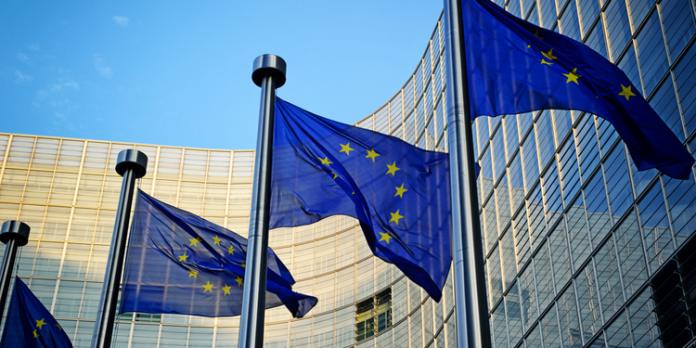The European Commission proposed new regulations to establish common cybersecurity measures across EU institutions as worries over cyberattacks intensify.
The rules are claimed to be a EU collective endeavour based on the cooperation with various institutions in response to “rising malicious cyber activities in the global landscape.”
The regulations will create a framework for risk management and control, which will eventually result in the creation of an inter-institutional Cybersecurity Board. The Board will monitor the implementation of the new rules.
“In a connected environment, a single cybersecurity incident can affect an entire organisation. This is why it is critical to build a strong shield against cyber threats and incidents that could disturb our capacity to act,” Johannes Hahn, ommissioner for Budget and Administration, commented in a statement.
Following the set of regulations, all EU institutions will be required to:
- Effectively identify and control cyber-related risks
- Implement proper cybersecurity measures to address those risks
- Conduct regular maturity assessments
- Create a plan for improving the institution’s cybersecurity posture
- In case of a breach, share the necessary information with the Computer Emergency Response Team in a timely manner
The news come after President Joe Biden urged American businesses to pay more attention to cybersecurity amid warnings that Russia is planning an attack on the USA’s critical infrastructure.
“And as I’ve said, the magnitude of Russia’s cyber capacity is fairly consequential, and it’s coming,” President Biden said.
The Kremlin has denied allegations, with the spokesperson Dmitry Peskov telling reporters: “The Russian Federation, unlike many Western countries, including the United States, does not engage in state-level banditry.”
More from Cybernews:
GIGABYTE fell victim to ransomware again
Lapsus$ claims to have breached authentication firm Okta
Scam attacks are on the rise, but can they be fully stopped or prevented?
Subscribe to our newsletter










